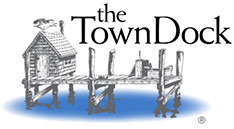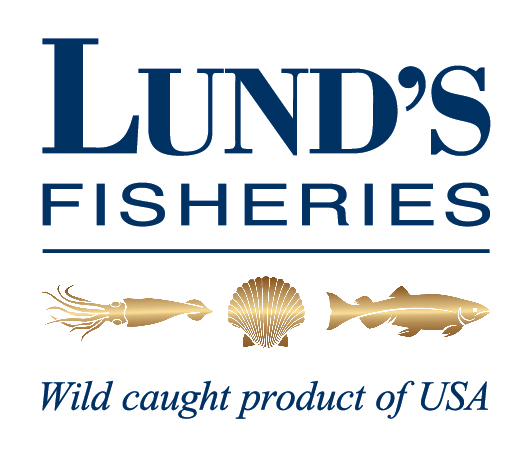October 5, 2018 — The US’s Mid-Atlantic Fishery Management Council voted on Oct. 3 to increase the acceptable biological catch (ABC) for Illex squid to 26,000 metric tons in 2019 and 2020, an increase of 8% over the 24,000t per year limit previously set for 2018-2020.
The council said it made the decision to raise the ABC after reviewing recommendations from its Scientific and Statistical Committee, which reviewed recent catch and survey information. It noted the recent “rapid pace of landings”, which forced the fishery to be closed on August 15, 2018 — a month earlier than the year before — due to 95% of the annual catch limit being landed.
Read the full story at Undercurrent News


